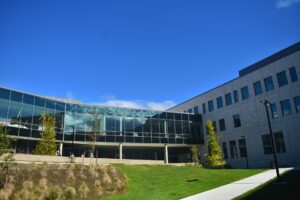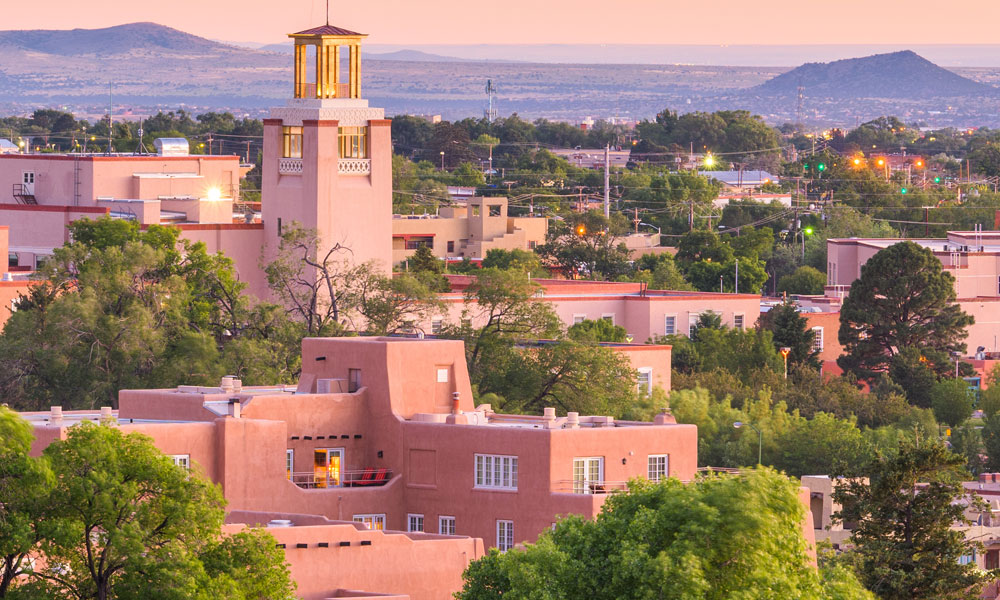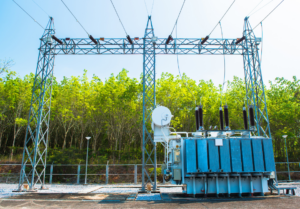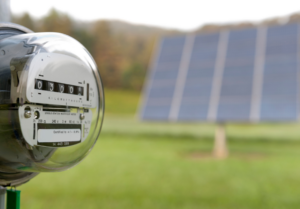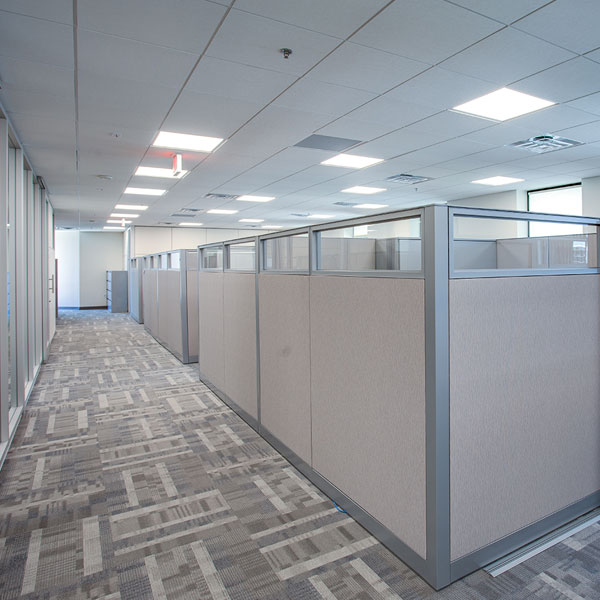As anyone who manages the utilities at a commercial facility, hospital, or school knows, energy and utility spending changes from season to season. With the peak of summer right around the corner, it’s important to prepare your facility for the changes you know you can expect so that you can save money and emissions.
Maximize Efficiency in Cooling and HVAC Systems
Utility bills in the summer tend to spike due to cooling load requirements, which can take a toll on your electricity bill. The best way to mitigate this problem is to focus on your mechanical cooling system in a number of ways.
First, it’s important to perform regular preventative maintenance on your mechanical system. This includes making sure that you regularly change filters and keep them clean. You should also check belts to make sure they’re tight and that your fan motors are working properly.
Beyond preventative maintenance, you should check your economizer cycles. In places like New Mexico, Colorado, Texas, and Arizona, facilities have an excellent opportunity to get “free cooling” from outside air brought into the building in the morning. Check your building schedules and your automation system to ensure that you are cooling your building as much as possible in the morning before employees or visitors arrive. Then you can start the compressors later in the day.
Differences in Cooling School Facilities in the Summer
Although K-12 schools and higher education facilities are similar to commercial office buildings or hospitals because they are used by large groups of people at the same time, there are differences in how schools can economize their energy expenditure in the summer. This is mostly due to the difference in occupancy between winter and summer thanks to summer school.
When summer school is in session, there are usually far fewer students and faculty on-site than otherwise. This means that less of your facility will be occupied. The best way to save money on cooling in the summer for schools is to tie your HVAC systems to your summer school building occupancy programs. This way, you don’t have a mostly unoccupied building being cooled to 72 degrees, wasting energy and money. Confirm all occupancy schedules meet occupied and unoccupied setpoints within each facility.
Save Even More by Addressing Seasonal Lighting Changes
Another excellent way to save on electricity in the summer is to check to make sure that your lighting schedules match daylight schedules. You should always have a summer lighting schedule that is different from your winter schedule because there is far more daylight in the summer. This is particularly important for outdoor lighting, which can be set to turn on much later and turn off much earlier in the summer than in the winter.
If your building is wired to suit it, installing a photocell can help you control lighting systems. A photocell will automatically detect outdoor sunlight and turn lights off or on depending on the brightness levels. This works well for providing lighting during dark summer storms which often pop up in the afternoons in New Mexico and Colorado. If you can’t install a photocell, you can use a timer to turn exterior lights on and off based on average sunrise and sunset times in your area.
Optimize Your Irrigation System to Save on Summer Water Bills
Facilities often use more water in the summer as we use more water on grass and plants to try to keep them cool through hot, long days. As with mechanical HVAC systems, preventative maintenance is a great place to start saving money on your water bill. As the seasons change, confirm that there are no leaks, that sprinkler heads are in working order, and that you aren’t wasting any water on your irrigation system.
Beyond making sure that the system is functioning properly, you should also confirm that your irrigation schedules run in accordance with the weather. You should set timers that run early in the morning or in the evening to prevent evaporation from the heat of the day. Also, be prepared to skip watering cycles manually if it rains.
Some cities release guidance on watering less during certain months than others, e.g. water two days a week in June and September and three days a week in July and August. You can determine the best schedule for your watering needs based on your climate and weather conditions, as well as what your landscaping requires. It’s also a good idea to look into xeriscaping if your water bill is too high.
How Yearout Energy Services Can Help Your Facility Save on Your Summer Utility Bills
As experts in energy efficiency, Yearout Energy helps facilities across the southwest optimize their utility bills and improve their facilities to ensure that the savings last for years. One of the best ways to reduce your summer energy bill is to let Yearout Energy conduct a feasibility analysis of your buildings to see how it’s operating. Using the data from this study, we can compare your energy usage to other facilities in a similar client, and then determine where you can easily save money and energy.
Retrocommissioning is also a quick, easy way to confirm that your mechanical and economizer systems are functioning properly. It can also address lighting schedules to save you money when buildings are unoccupied or it is readily available outside light.
Yearout Energy also provides expert guidance on renewable energy to help cut your emissions and utility spending even further. Solar and wind energy are readily available for many commercials, government, or school facilities, and we can find the right system to meet your building’s needs.
Finally, Yearout Energy can find ways to save you even more through our utility management program. We evaluate your energy bills for potential errors, irregularities, and rate change opportunities, as well as comparing them from season to season. This helps us identify the biggest energy expenditures within your facility so that we can pinpoint where change needs to happen, in the summer or beyond.
If you’re ready to fix your summer energy expenditure, get in touch with Yearout Energy today.



